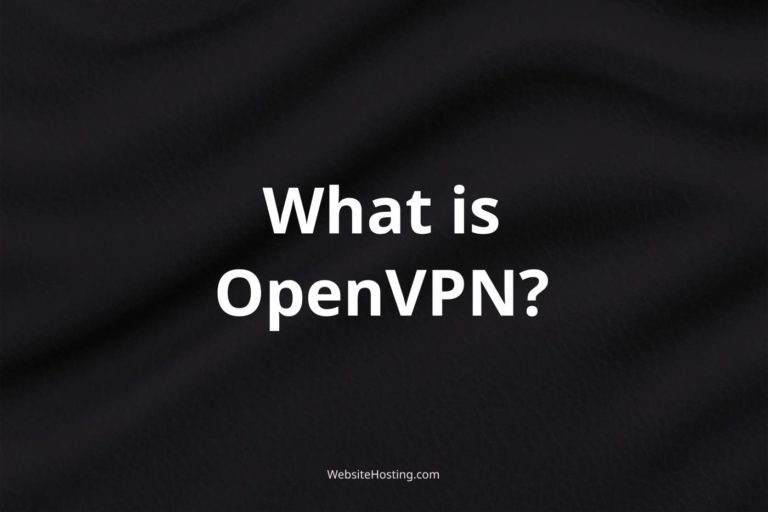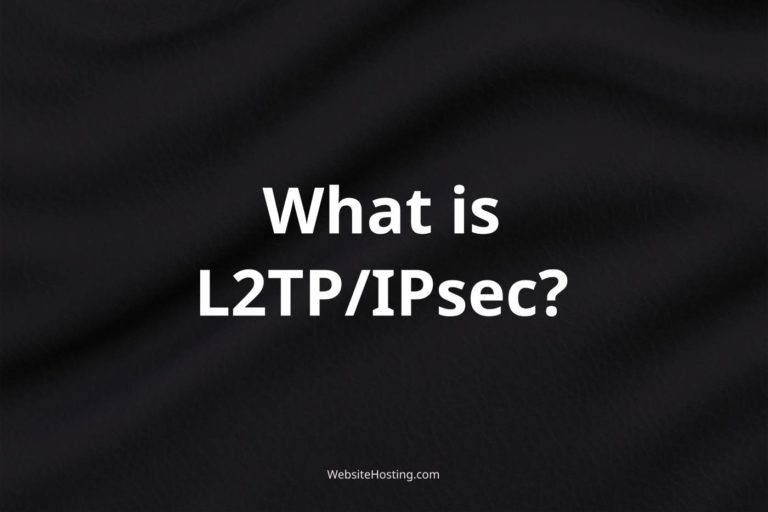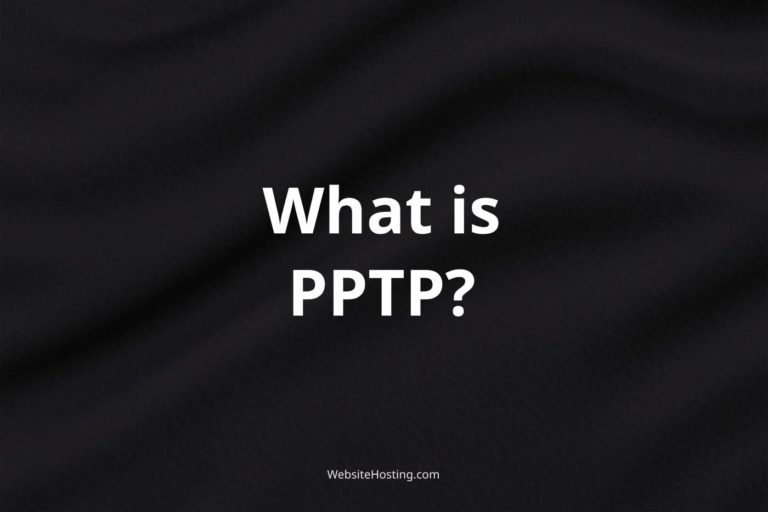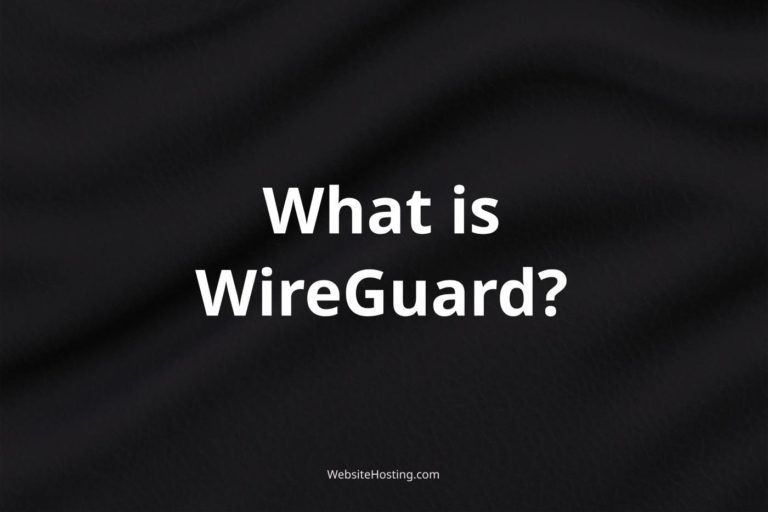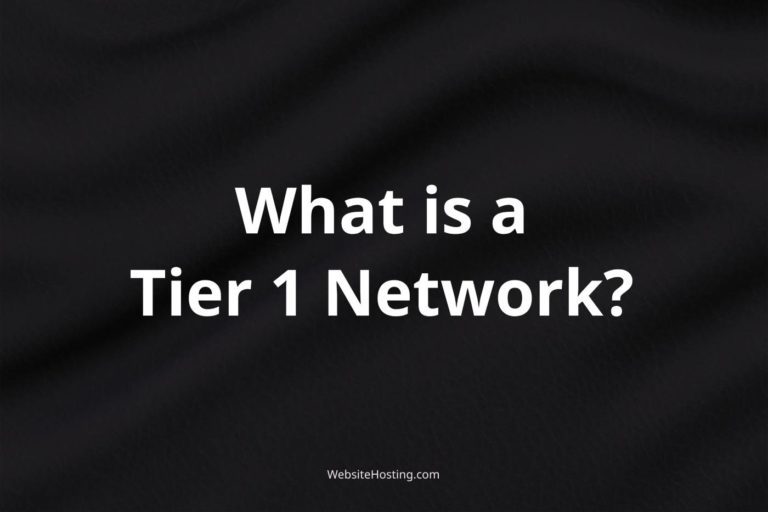IKEv2/IPsec is a VPN protocol that provides a high level of security and fast speeds. It is commonly used on mobile devices due to its ability to quickly and automatically reconnect to the VPN server when the connection is lost.
In this article, we will explore the features, benefits, and limitations of IKEv2/IPsec and how it compares to other VPN protocols.
What is IKEv2/IPsec?
IKEv2/IPsec is a combination of two protocols, Internet Key Exchange version 2 (IKEv2) and Internet Protocol Security (IPsec). IKEv2 is a key exchange protocol that establishes a secure connection between a user’s device and a VPN server. IPsec is a security protocol that provides encryption and authentication for internet protocol (IP) packets. Together, they create a secure and private tunnel between the user’s device and the VPN server.
Features and Benefits of IKEv2/IPsec
IKEv2/IPsec has several features and benefits that make it a popular choice among VPN users, including:
- High Security: IKEv2/IPsec uses strong encryption algorithms to protect data transmitted between the user’s device and the VPN server. It also supports Perfect Forward Secrecy (PFS), which generates a new encryption key for each VPN session, making it more difficult for attackers to intercept and decrypt data.
- Fast Speeds: IKEv2/IPsec is designed to be fast and efficient, making it an ideal choice for users who require high-speed connections. It also supports mobility, which allows users to switch between different network connections without losing their VPN connection.
- Automatic Reconnect: IKEv2/IPsec can quickly and automatically reconnect to the VPN server if the connection is lost, making it a reliable choice for mobile devices.
- Compatibility: IKEv2/IPsec is supported by most modern operating systems and devices, including Windows, macOS, iOS, and Android.
Limitations of IKEv2/IPsec
While IKEv2/IPsec has many benefits, it also has some limitations to consider:
- Limited Support: While IKEv2/IPsec is supported by many modern devices, it may not be compatible with all devices or operating systems.
- Limited Server Availability: Some VPN providers may not offer IKEv2/IPsec as an option, limiting the number of servers available for users to connect to.
- Complicated Setup: IKEv2/IPsec can be more complicated to set up than some other VPN protocols, requiring technical expertise to configure correctly.
Overall, IKEv2/IPsec is a VPN protocol that provides both security and speed, making it a popular choice for mobile users who require reliable connections. While it may have some limitations, its many benefits make it a great choice for anyone looking for a fast and secure VPN solution.
Related terms: VPN, Security, Encryption, Authentication, Mobility, Perfect Forward Secrecy, Operating Systems, Devices, Network Connections, VPN Providers.
Notable brands: NordVPN, ExpressVPN, CyberGhost, Surfshark, Private Internet Access.
Popular Questions About IKEv2/IPsec:
Is IKEv2/IPsec better than other VPN protocols?
Answer: IKEv2/IPsec has its own strengths and limitations, which makes it a better choice for some users and use cases, but not necessarily for everyone.
How do I set up IKEv2/IPsec on my device?
Answer: Setting up IKEv2/IPsec can vary depending on the device and operating system you are using. However, most VPN providers offer step-by-step instructions and configuration files to help you set it up.
What are the encryption algorithms used in IKEv2/IPsec?
Answer: IKEv2/IPsec supports several encryption algorithms, including Advanced Encryption Standard (AES) and Triple Data Encryption Standard (3DES).
Is IKEv2/IPsec safe and secure?
Answer: Yes, IKEv2/IPsec is considered a safe and secure VPN protocol due to its strong encryption algorithms and support for Perfect Forward Secrecy. However, its level of security can also depend on the VPN provider and their implementation of the protocol.
